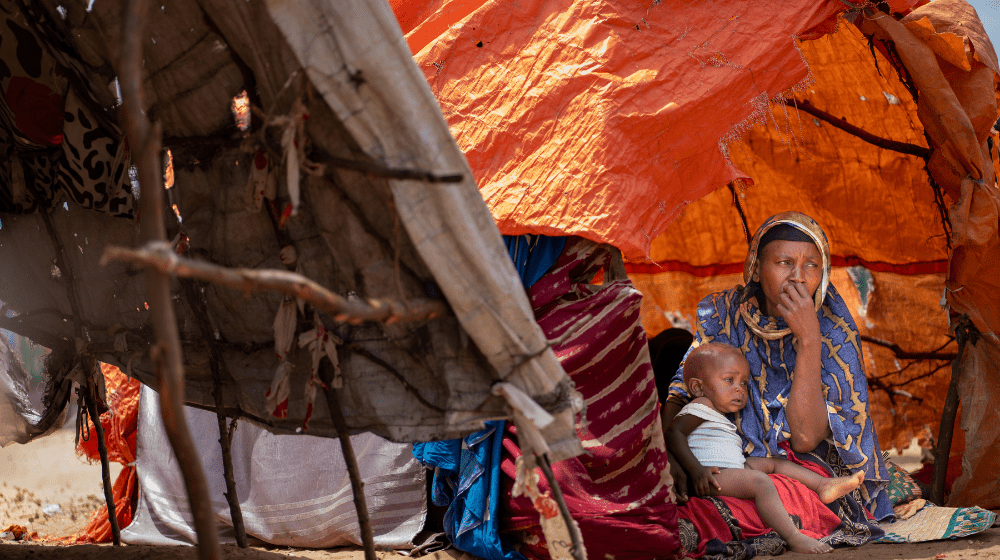
Three women. Four decades. One journey to healing
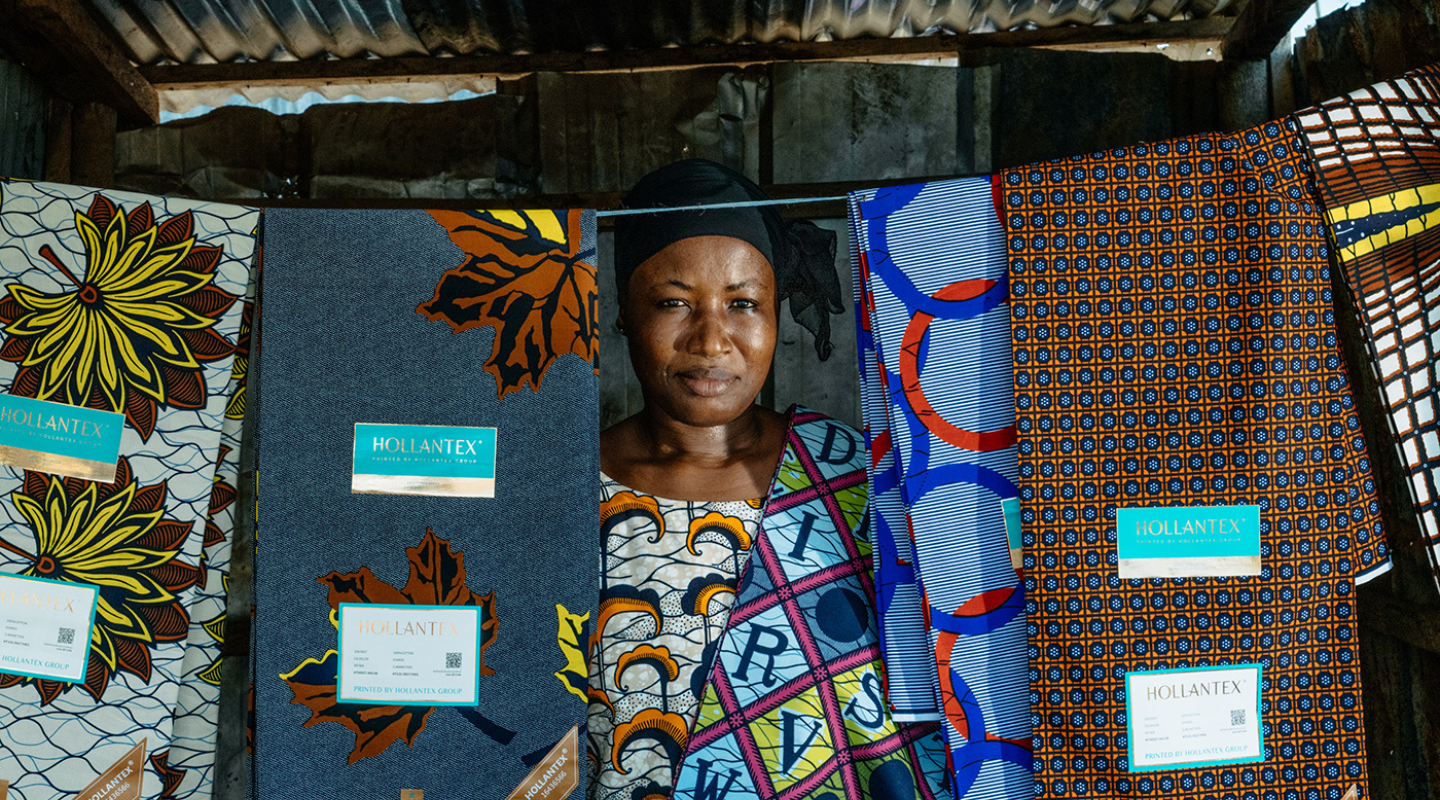
Meet Catherine, Kambiré and Dah, three women from Côte d'Ivoire who, collectively, lived with a devastating childbirth injury for more than 40 years.
Obstetric fistula changed everything: their health, their confidence, their futures.
With support from UNFPA, the United Nations sexual and reproductive health agency, they have not only regained their health, but reclaimed their lives, overcoming stigma, rebuilding their self-esteem and focusing on their goals for career and family.
This is what their journey from pain to power looks like.
Catherine: A fresh start for a fashionista
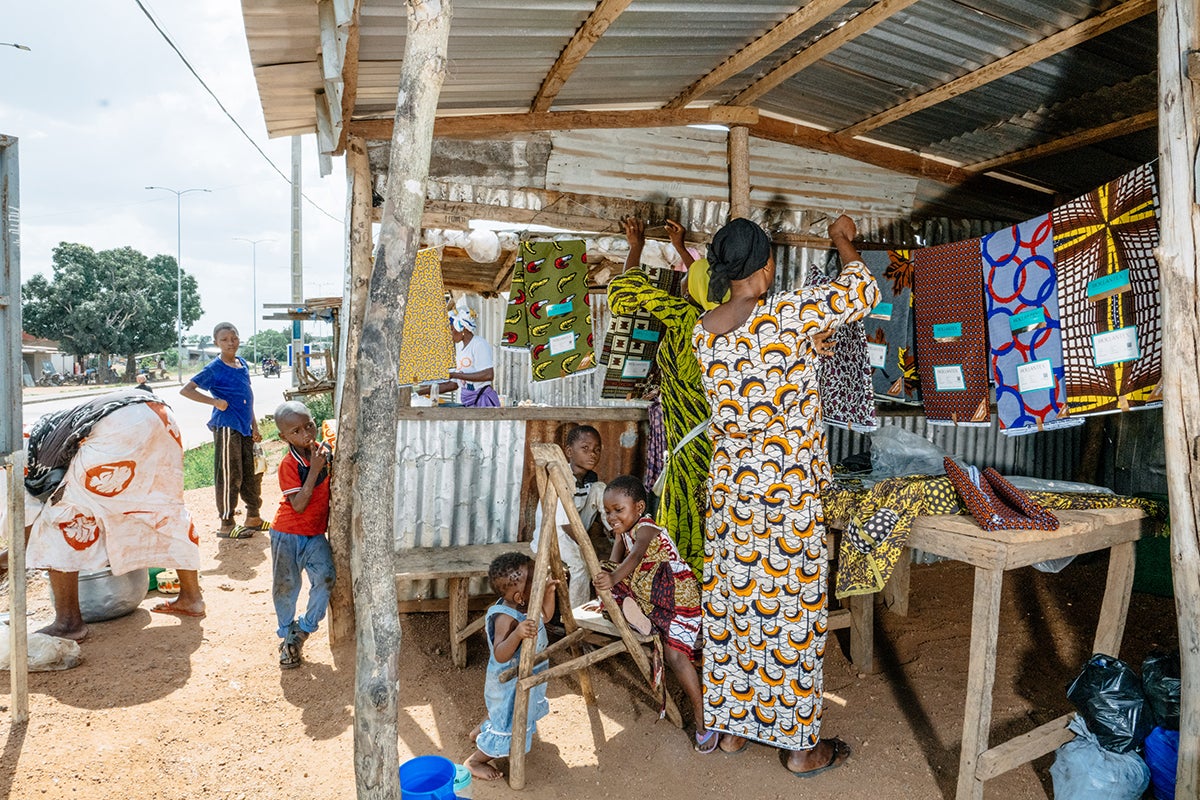
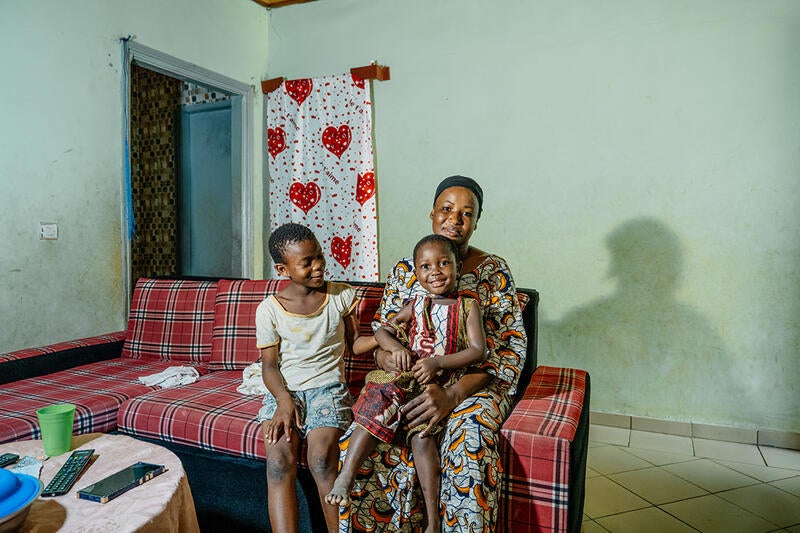
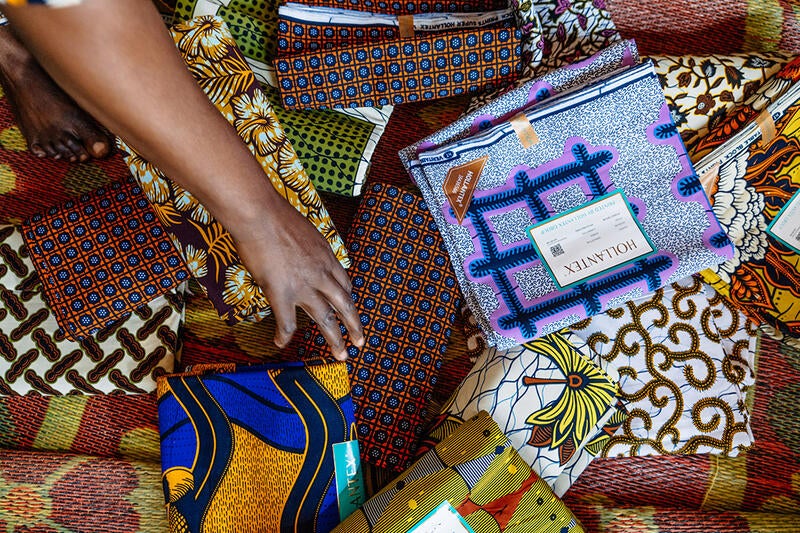
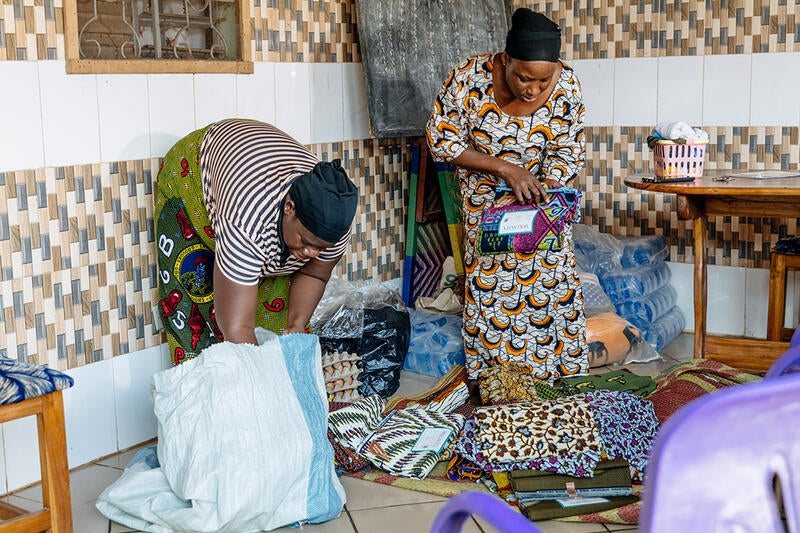
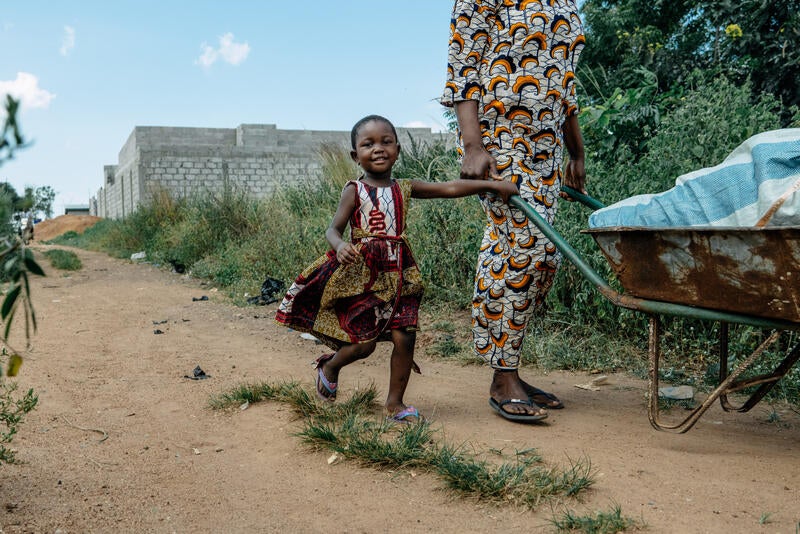
Catherine loves fashion.
But after the birth of her second daughter three years ago, she was held back from pursuing her passion after a complicated delivery.
“I developed an obstetric fistula during the delivery of my second child,” she says. “Afterwards, my husband noticed that I was leaking urine. Although I felt embarrassed, he supported me.” Fistula – a hole between the genital tract and the urinary tract or rectum caused by prolonged, obstructed labour without quality care – often leads to chronic health problems.
Along with her husband’s support, Catherine received assistance from UNFPA, which helped her access repair surgery, in addition to investing in her business – enabling her to get back to being the woman she was.
“Now that I’m healed, I’m happy. I can run my business and spend time with my friends.”
Kambiré: “I lived with a childbirth injury for 23 years”

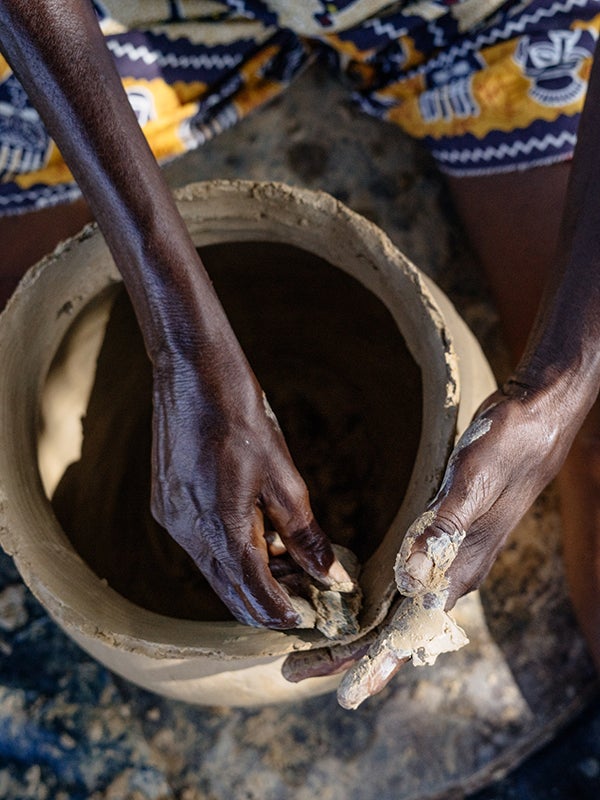
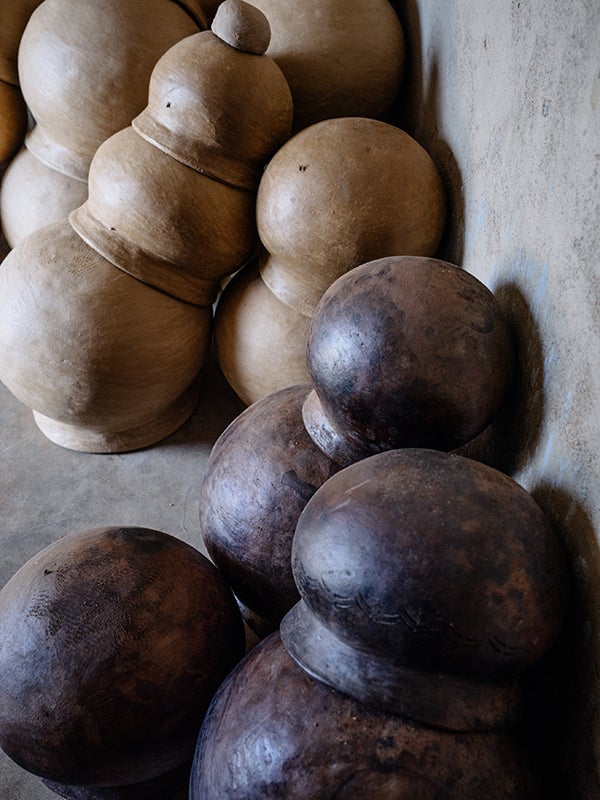
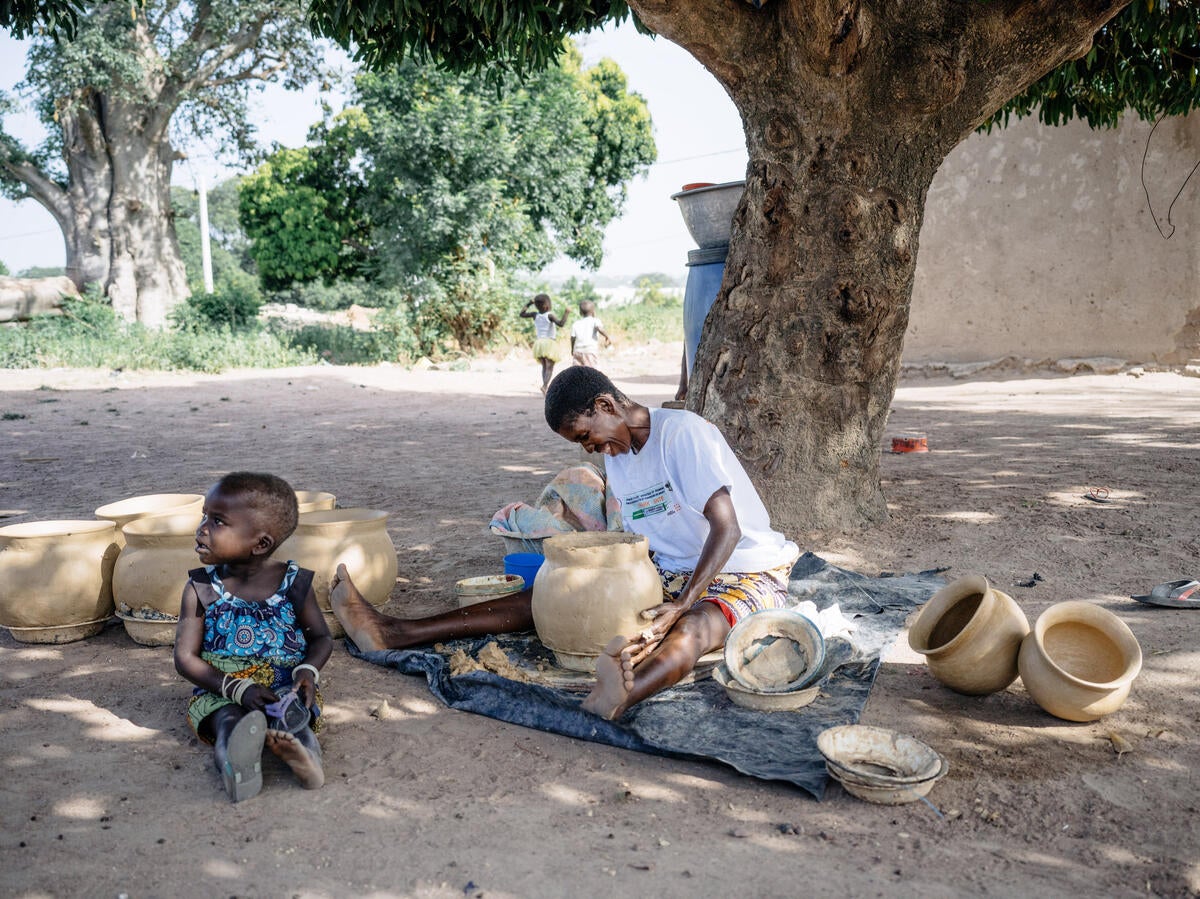
Kambiré, a talented potter in the town of Bouna, spent much of her life suffering in silence.
“After a home delivery, I lived with obstetric fistula for 23 years,” she says, noting that during this difficult time, “I even had another child.”
The duration of her pain speaks to her remarkable strength, but it is a burden no one should have to endure. Obstetric fistula is entirely preventable. Yet, her experience reflects a broader reality: Globally, at least 500,000 women and girls are living with the injury.
As Kambiré raised her family, she tried to avoid socializing as much as possible. “I preferred to isolate myself because of the fistula,” she says. “I couldn’t sit for long for fear of getting wet.”
She didn’t know the condition was treatable, until she heard a radio segment about fistula one day. She headed to a UNFPA-supported hospital, where she had a life-changing surgery to repair the injury.
Dah: From child bride to chef and community champion
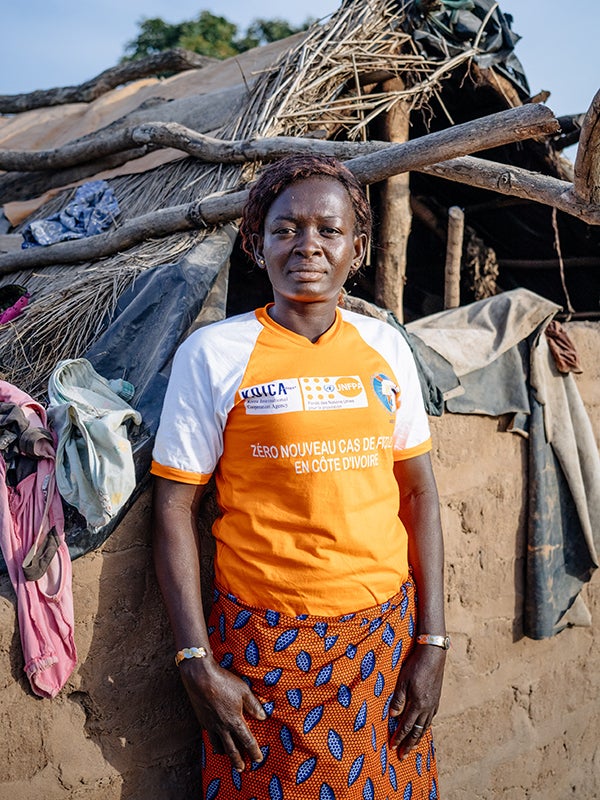

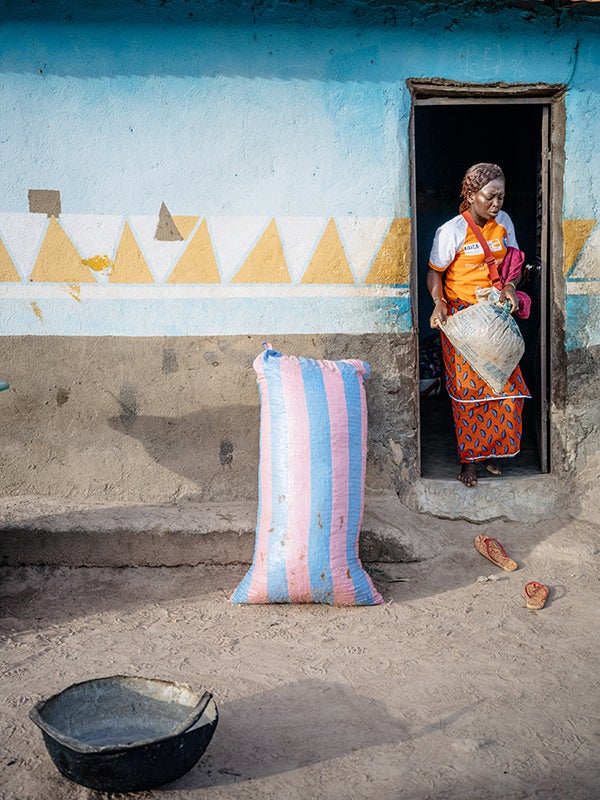
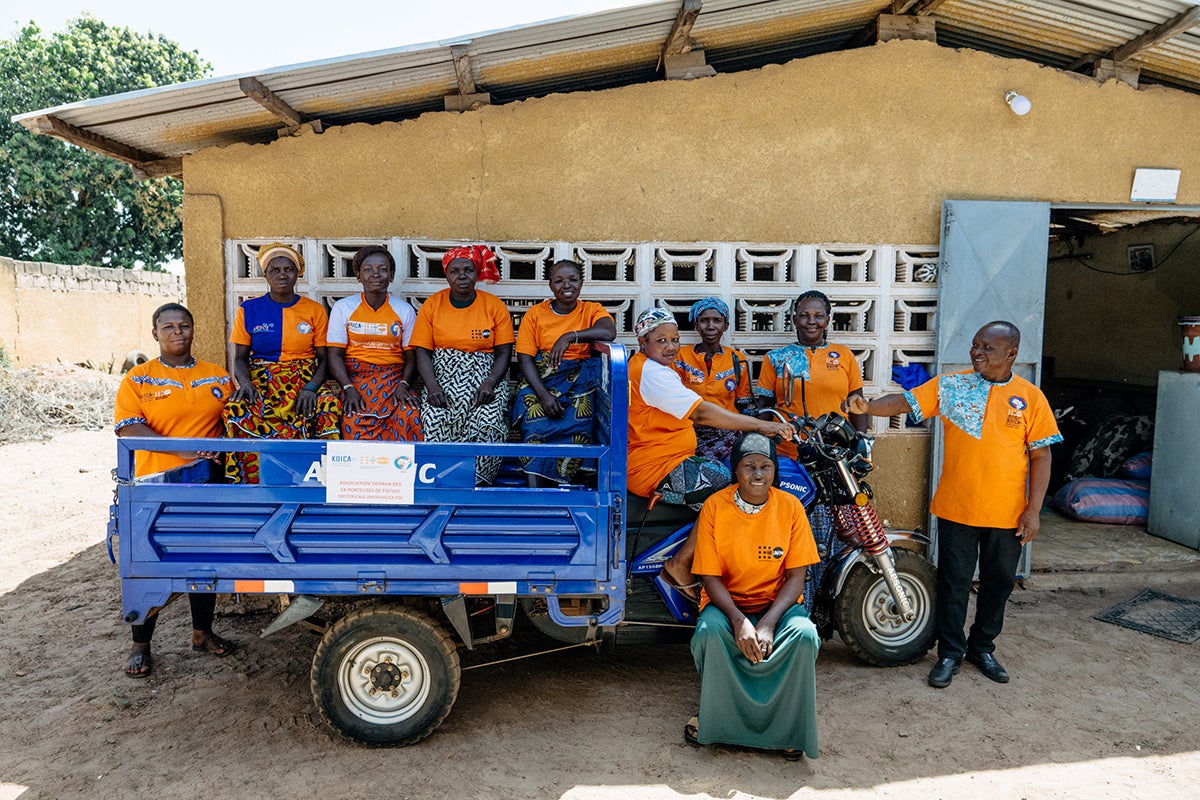
“I was 14 when I got married and became pregnant,” says Dah, 32, from Bouna. “My dad didn’t approve of the marriage, so I ran away from my village to go to Ghana with my husband.”
In hindsight, she says, “ignorance” was the root of her actions. Growing up in a community where education was not prioritized for girls, Dah didn't go to school and wasn’t able to imagine a future of career opportunities. She was not aware of the risks associated with child marriage or early pregnancy, or the impact any of this might have on the trajectory of her life.
And so, while still a child herself, she went into labour. After five days of an attempted home birth, she was taken to the hospital. There, she says, “The doctors told me that the child had died in my womb a long time ago.”
The prolonged, attempted delivery caused fistula. Over the years, Dah underwent eight unsuccessful procedures to try to repair the injury, before a surgery was finally successful at a UNFPA-supported hospital in 2022.
Now, with a fresh outlook on life, Dah hopes to start a family. “My future children will go to school,” she says. “And I will refuse any marriage for my daughters before the age of 18.”
Trained midwives prevent tragedy
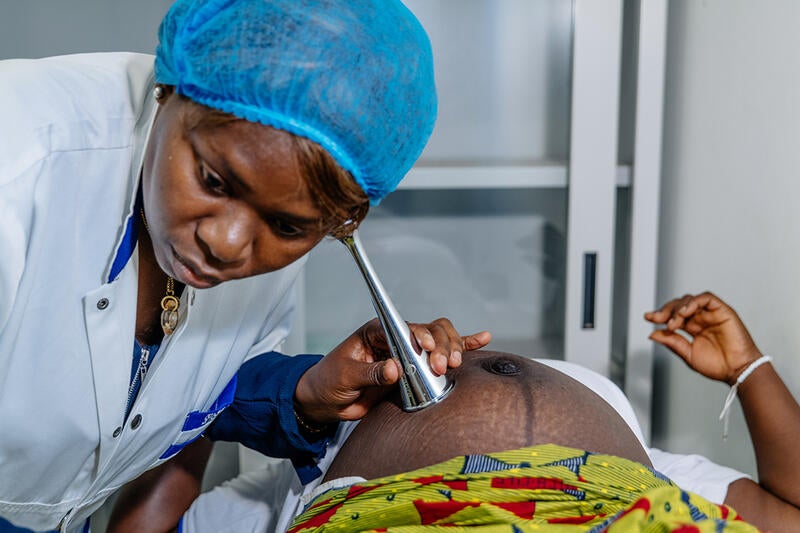
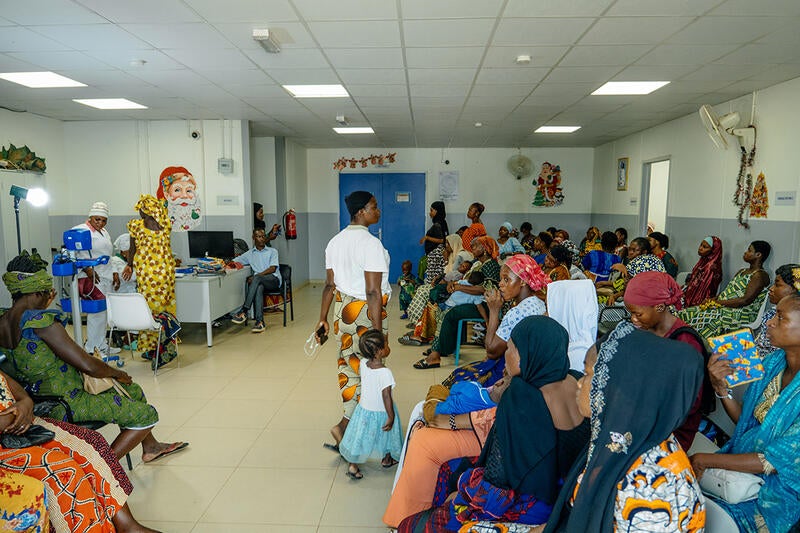
The half a million women and girls living with fistula worldwide suffer mostly in silence, without support.
Despite this condition being entirely preventable and treatable, persistent social and economic inequities and inadequate sexual and reproductive healthcare continue to drive fistula cases by limiting access to life-saving care, especially in marginalized communities.
To be sure, there is progress. In Côte d'Ivoire, a joint effort led by UNFPA and the Ministry of Health, backed by $16 million from the Korea International Cooperation Agency (KOICA), has provided free treatment to more than 4,400 women since 2007, in addition to training specialists, upgrading hospitals and helping thousands rebuild their lives. The nationwide programme is implemented by the Alliance of Religious for Integral Health and the Promotion of the Human Person in Côte d’Ivoire (ARSIP).
Globally, we must continue to build on the voices and experiences of women and girls to create lasting solutions, strengthening sexual, reproductive, maternal and newborn health services.
Together we can achieve our goal: Zero cases of fistula by 2030.


